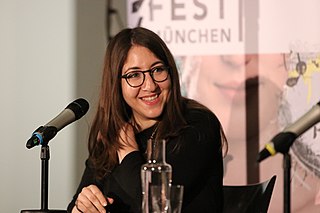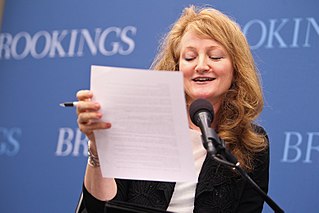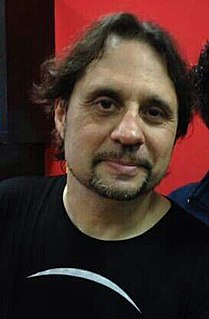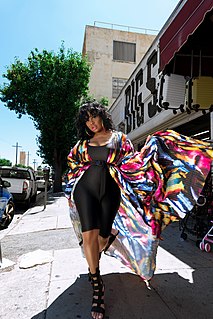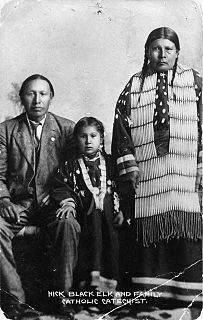A Quote by Khaled Hosseini
I find myself drawn to that period where children are about to leave childhood behind. When you're 12 years old, you still have one foot in childhood; the other is poised to enter a completely new stage of life. Your innocent understanding of the world moves towards something messier and more complicated, and once it does you can never go back.
Related Quotes
We are born one time only, we can never start a new life equipped with the experience we've gained from the previous one. We leave childhood without knowing what youth is, we marry without knowing what it is to be married, and even when we enter old age, we don't know what it is we're heading for: the old are innocent children innocent of thier old age. In that sense, man's world is the planet of inexperience.
If I have an unusual gift, it's not that I draw particularly better than other people - I've never fooled myself about that. Rather it's that I remember things other people don't recall: the sounds and feelings and images - the emotional quality - of particular moments in childhood. Happily an essential part of myself - my dreaming life - still lives in the light of childhood.
If you are forced to confront your fears on a daily basis, they disintegrate, like illusions when viewed up close. Maybe being always protected made me more fearful, and I would later dip cautiously into the outside world, never allowing myself to be submerged completely, and always jerking back into the familiarity of my own life when my senses were overwhelmed. For years I would stand with a foot in each sphere, drawn to the exotic universe that lay on the other side of the portal, wrenched back by the warnings that sounded like alarm bells in my mind.
I think I'm still fed by my childhood experience of reading, even though obviously I'm reading many books now and a lot of them are books for children but I feel like childhood reading is this magic window and there's something that you sort of carry for the rest of your life when a book has really changed you as a kid, or affected you, or even made you recognize something about yourself.
One may enter the literary parlor via just about any door, be it the prison door, the madhouse door, or the brothel door. There is but one door one may not enter it through, which is the child room door. The critics will never forgive you such. The great Rudyard Kipling is one of a number of people to have suffered from this. I keep wondering to myself what this peculiar contempt towards anything related to childhood is all about.



